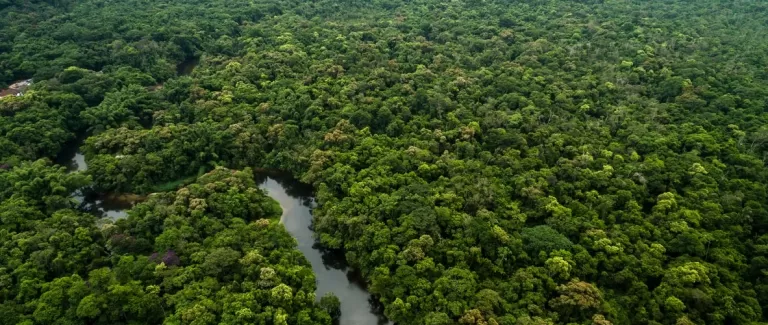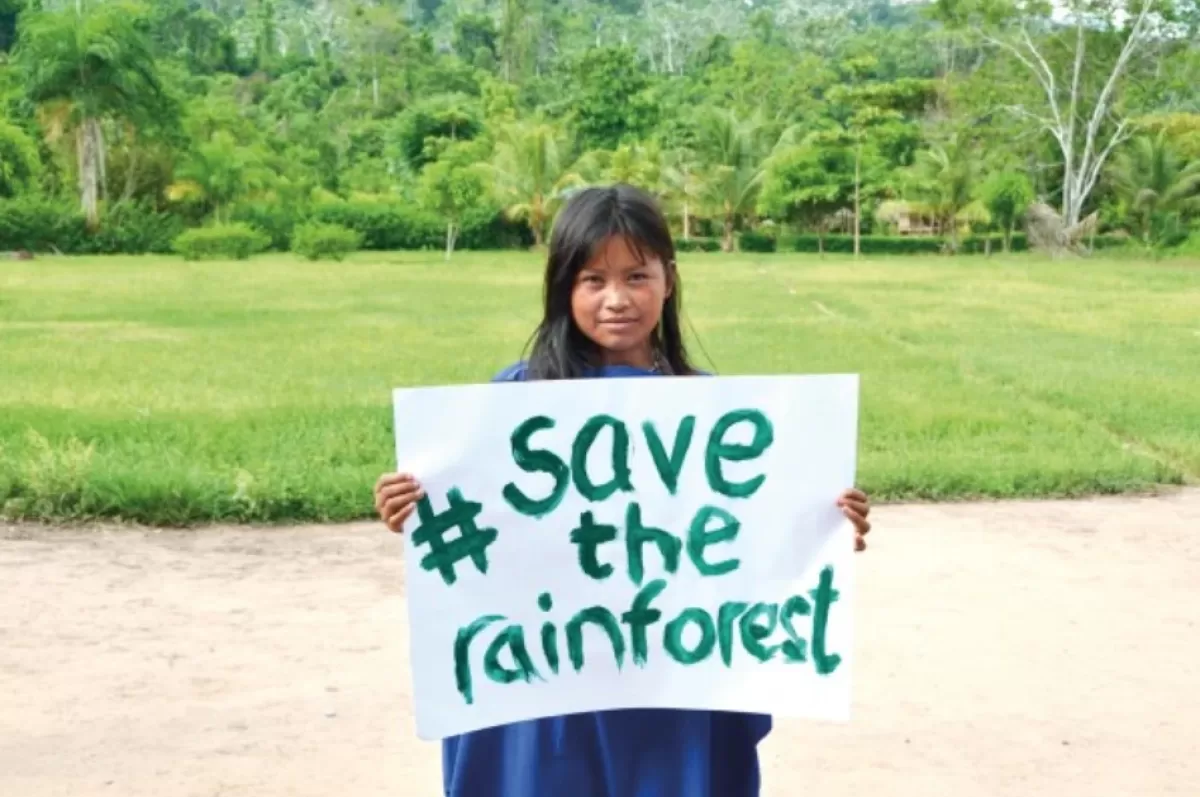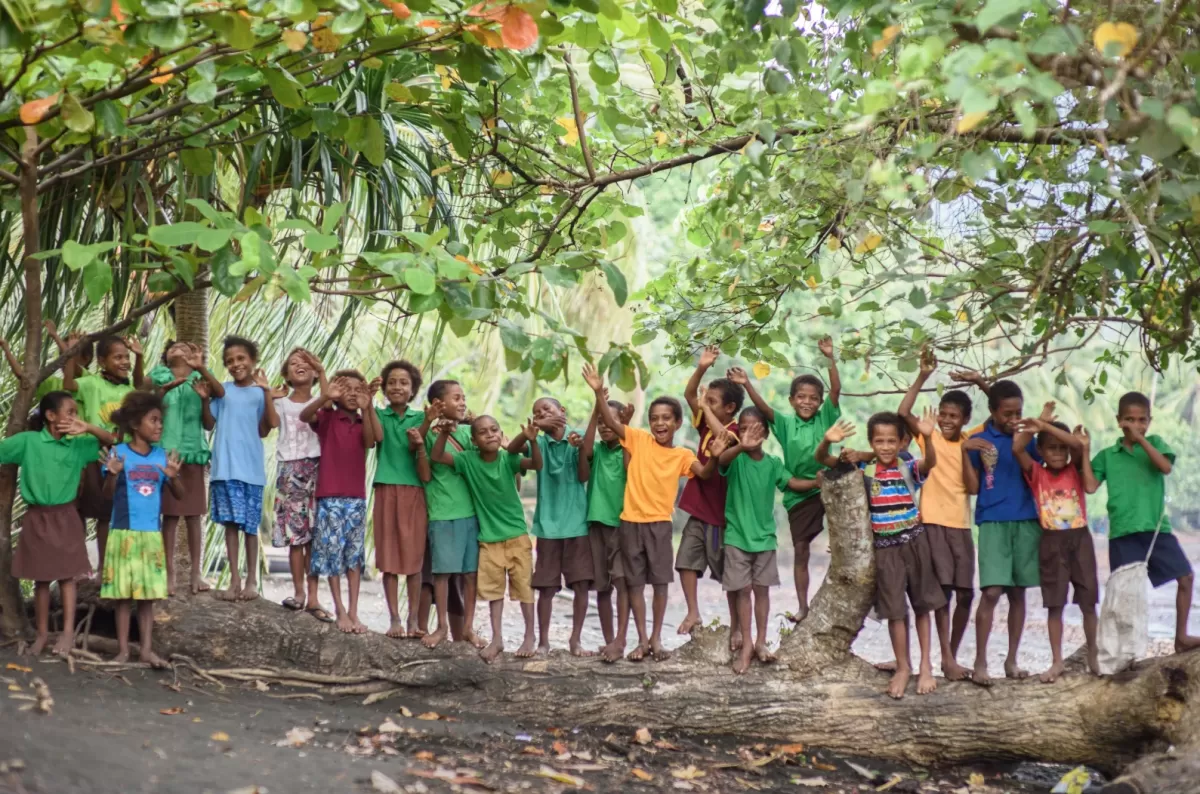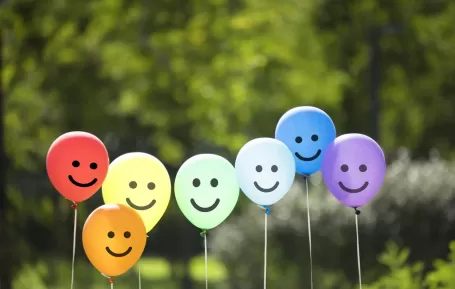2018 marks six years since we first collaborated with the charity Cool Earth to develop a range of ethically sourced coffees which helps to fight climate change. By simply switching to Cool Earth Coffee, an office can contribute towards the charity’s pioneering work to reduce rainforest deforestation.
Cool Earth promotes strong, self-sustaining forest communities across three continents by funding education and skill enhancement, and enabling financial independence. By eliminating coerced dependency on commercial loggers, miners, and ranchers, Cool Earth puts ownership of the forest back into the hands of local people.
Now, with Cool Earth marking a decade on the frontline of rainforest conservation, we take a look back at the remarkable work undertaken in 2018.
A year of reflection
2018 was a year for Cool Earth to review its achievements, and how it can continue into the next decade with a clear vision for success.
An update from Peru
July 2018 saw the beginning of a large scale review of Cool Earth’s progress in Peru over the past few years. With the Peruvian community partnerships being particularly active, funds allocated to these communities must be carefully scrutinised to ensure Cool Earth’s goals are being reached.
Thankfully, there have been many successes. For example, no trees have been sold to commercial logging or mining companies.
However, there are still challenges to address. Cool Earth wants to evaluate whether its activities are achieving the overarching goal of preserving the rainforest; and whether anything can be done to reduce the pressure of an increasing population on the forest.
Using technology to monitor the forest
Cool Earth provides funds to its community partners on the condition that no trees are felled for commercial gain. Thanks to satellite technology, Cool Earth is now able to closely monitor tree felling, and ensure that funds are being invested effectively.
Cool Earth’s use of technology continues to advance. 2018 also saw the implementation of an expert team to monitor the forest through the use of remote sensing and AI canopy analysis.
Helping funds go further
It is the communities who decide how the money allocated to them by Cool Earth is spent. In 2018, whilst some communities invested in essential supplies, households from Wabumari, Papua New Guinea invested in building new homes; a success which has spurred the Wabumari community to agree to invest future money in the same way.
Following this achievement, Cool Earth will be suggesting similar schemes for neighbouring villages. It may also extend the ‘direct giving’ funding model, where money is allocated directly to households rather than a community association.
Developing sustainable skills
An essential part of Cool Earth’s work is to provide training in business and financial skills, enabling forest communities to continue building on their achievements for years to come.
Promoting local businesses
2018 saw a new shop open in Parijaro, Peru, which sells hard-to-come-by essentials, including batteries and sanitary products. This provides a useful source of income, and the people running the shop learn vital business skills.
Financially secure communities
Learning to save and manage finances enables economic independence. Financially secure forest communities don’t need to sell their trees for commercial felling.
Wabumari local Project Coordinator, Daisy Halaba took part in CARE International’s Village Savings and Loans Associations (VSLA) training. She then shared her skills with a pilot group in Wabumari, Papua New Guinea, with further training sessions planned for other villages.
Learning the Inga Foundation
Marin Orrego and Felix Iván Mejía Pérez from Awajún, Peru, returned to the Inga Foundation in Honduras to learn about the Inga plant.
Inga is a versatile plant, useful for its nitrogen-fixing, shade-dwelling qualities and ability to grow alongside valuable cash crops.
Marin and Felix obtained skills in using fertilisers, working on slopes, and building A-frames. They returned to Awajún imbued with the skills to utilise Inga for the good of their own community.
Local and global collaboration - Faena days
The community of Awajún, Peru holds regular Faena, or public work days, where everyone comes together to work on a task for the benefit of all.
In 2018, members of the Urakuza village spent a day restoring their local school’s fish pond. The restoration means there are more fish to sell, and more money to reinvest in the school.
Forging links
In Papua New Guinea, Cool Earth has been working hard to improve links between local and national government. The support of political stakeholders has proven essential to the protection of Papua New Guinea’s rainforests.
Building partnerships
Cool Earth continues to benefit from the ongoing support of its business partners, including us at the Office Coffee Company. We are continuing to develop our range of ethically sourced coffee, so your office can save the rainforest with every sip.
Creative ways to raise money
In Peru, there is a tradition called Pollada. You invite your friends over for beer and chicken, and they bring money to donate to a good cause. In the summer of 2018, Cool Earth encouraged its supporters to host Pollada, with all money donated by the guests going towards the charity’s mission.
Extending Cool Earth’s reach - welcoming Sololo
September saw the beginning of a new partnership with the Sololo community in Papua New Guinea. Sololo will use Cool Earth support to invest in an education programme to improve local literacy rates, as well as focusing on ways to boost incomes and reduce the advance of harmful palm plantations.
Welcoming new team members
Cool Earth continues to expand its teams across the globe. The more hands on deck, the more work can be undertaken to reduce global deforestation.
New partnerships and projects
In autumn 2018, Cool Earth agreed to a further three-year partnership with the charity, Fauna and Flora International, to undertake projects in Lubutu, Democratic Republic of the Congo.
This means that the Lubutu community’s fuel-efficient stoves project can be extended to more villages. The community also plans to found farmer schools to help local people learn how to earn income from agriculture sustainably.
Looking forward
After the success of 2018, what will the future bring for Cool Earth? Over the next three years, Cool Earth plans to:
1. Maintain its work across the globe, test conservation strategies, and continue its monitoring of the rainforest.
2. Develop new partnerships with NGOs to develop deforestation prevention strategies.
3. Continue to innovate.
Ultimately, Cool Earth will continue to help forest communities to develop skills, to improve their overall quality of life, and to give them the tools to protect their valuable rainforests.





